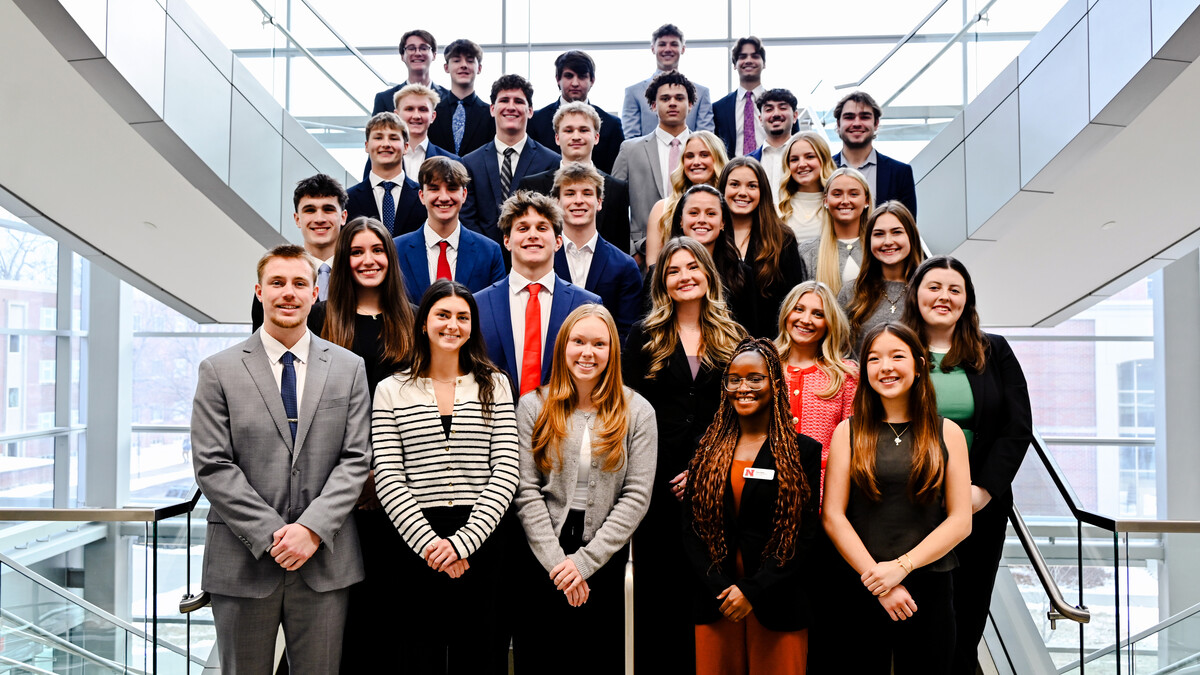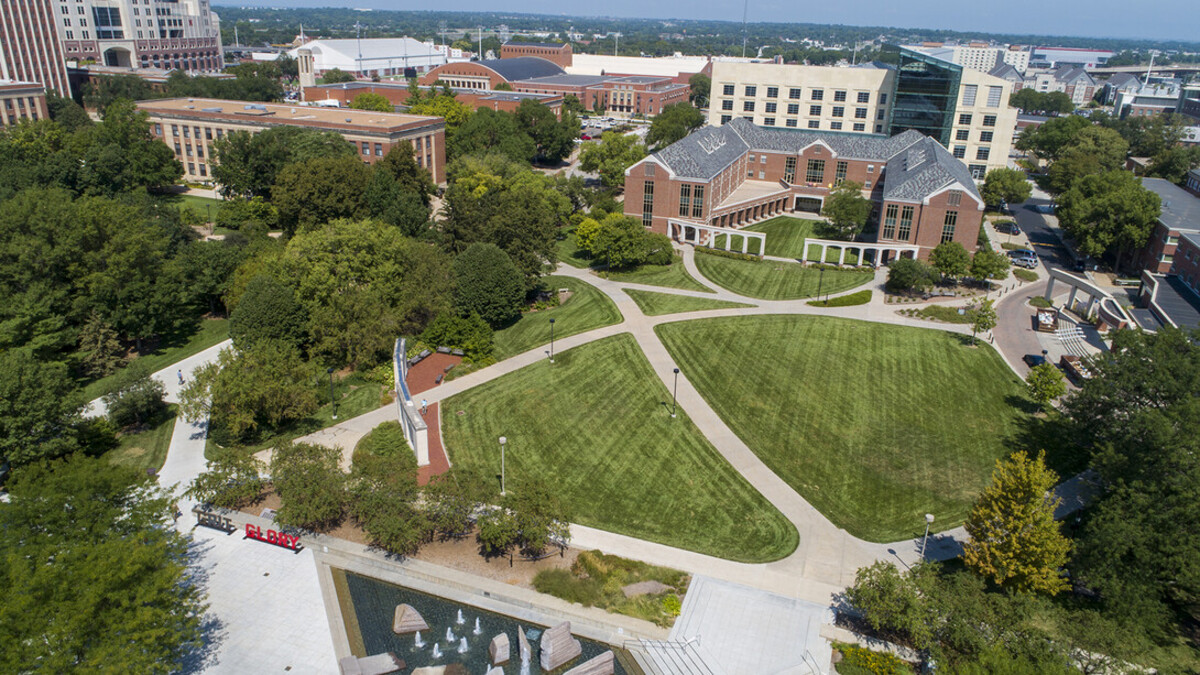
The University of Nebraska–Lincoln announced an additional $22.56 million in proposed budget reductions as part of a larger plan to address a $38.2 million shortfall through 2023.
Announced in a Sept. 3 email to campus from Chancellor Ronnie Green, the Phase 2 reductions focus primarily on academic programs. Phase 1 reductions, which were announced Aug. 31, included $16.38 million in what are primarily non-academic functions.
“These recommendations reflect hard choices based on a harsh reality of the shortfall we are facing due to the impact of the COVID-19 pandemic,” Green said in his Sept. 3 message. “None of our academic leaders wants to be in the position of making recommendations that will impact the teaching and research mission of our institution. However, in the current financial environment, it is unavoidable.”
The proposed reductions, which will be considered by the university’s Academic Planning Committee, include:
$15.78 million in faculty positions (includes filled/vacant positions and expected attrition);
$3.1 million in staff positions (includes filled/vacant positions and expected attrition);
$585,000 in voluntary full-time employment reductions and moves to non-state-aided funding;
$1.12 million in reductions to University Libraries content and collections; and
$1.63 million allotted to the graduate student and undergraduate student worker budgets.
In addition, four academic departments and programs will be phased out or temporarily discontinued. If approved, these programs would no longer accept enrollment of future students. Current students will have the opportunity to complete degree programs.
The proposal includes eliminating the Department of Textiles, Merchandising and Fashion Design in the College of Education and Human Sciences; the undergraduate dance program in the Hixson-Lied College of Fine and Performing Arts; and the hospitality, restaurant and tourism management program in the College of Agriculture and Natural Resources (which is duplicative of a larger program in Education and Human Sciences).
Also, the intercollegiate athletics administration specialization in the College of Business’ Master of Arts program will be temporarily discontinued.
The proposals now advance for consideration by the Academic Planning Committee. Public hearings will be hosted by the committee in September and October. Dates for the hearings will be announced. In November, the committee will make final recommendations in response to the proposed Phase 2 budget reductions.
“It is important that our campus community engage in this process,” Green said. “We will continue to communicate transparently and provide additional details as we move through this process.”
Details about both phases of budget reductions, as well as an overview of the Academic Planning Committee process, are available on the chancellor’s website.







